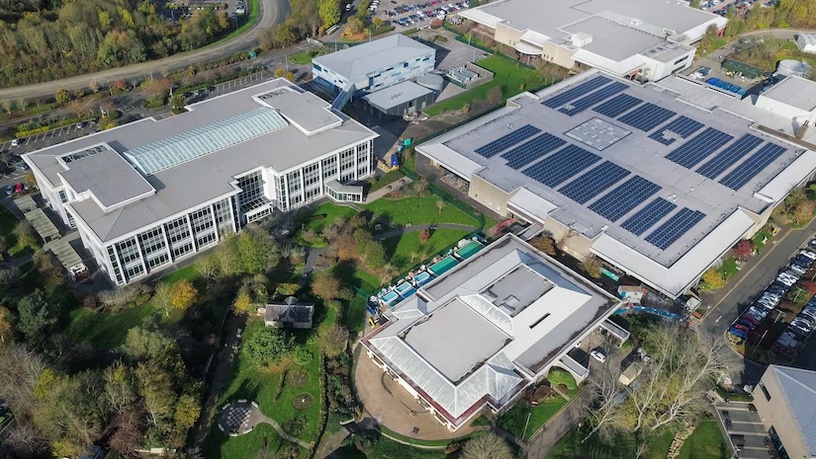Introduction
As the use of solar panels continues to grow, it is crucial to address the importance of properly decommissioning these panels at the end of their lifespan. Solar panel decommissioning involves the safe removal and disposal of panels that are no longer efficient or functional. By understanding the significance of proper decommissioning practices, we can ensure a sustainable approach to solar energy. In this article, we will explore the importance of properly decommissioning solar panels and the benefits it brings to the environment.
The Environmental Impact of Improper Decommissioning
When solar panels are not decommissioned correctly, they can become a source of environmental concern. Here are some of the potential negative impacts of improper decommissioning:
1. E-Waste Accumulation
Solar panels contain various components, including glass, metals, and semiconductors, which can contribute to electronic waste (e-waste) if not disposed of properly. E-waste poses significant challenges as it contains hazardous substances that can contaminate soil and water, posing risks to both human health and the environment.
2. Resource Depletion
Solar panels consist of valuable materials, such as silicon, aluminum, and rare metals. When panels are not decommissioned correctly, these materials are not recovered and go to waste. Improper disposal leads to the unnecessary depletion of valuable resources that could otherwise be recycled and reused in the manufacturing of new panels or other products.
3. Carbon Footprint
The production of solar panels requires energy and resources, resulting in carbon emissions. When panels are not properly decommissioned, the need for new panels increases, leading to a higher carbon footprint associated with their manufacturing. By promoting proper decommissioning practices, we can reduce the demand for new panels and mitigate carbon emissions.
The Benefits of Proper Solar Panel Decommissioning
1. Resource Recovery and Recycling
Proper decommissioning ensures the recovery and recycling of valuable materials from solar panels. Recycling allows for the extraction of metals, such as silicon, aluminum, and silver, which can be reused in the production of new panels or other industries. By recovering these resources, we reduce the need for virgin materials, conserve natural resources, and minimize the environmental impact of mining and extraction.
2. Minimization of Environmental Contamination
Solar panels may contain small amounts of hazardous substances, including lead and cadmium. When not properly decommissioned, these substances can leach into the environment, polluting soil and water sources. By following proper decommissioning procedures, we can ensure the safe handling and disposal of these hazardous materials, minimizing the risk of contamination and protecting ecosystems.
3. Reduction of E-Waste
By decommissioning solar panels in a responsible manner, we can divert them from landfills and reduce the accumulation of e-waste. Recycling panels allows for the recovery of valuable materials while preventing the release of toxic substances into the environment. Proper disposal channels ensure that solar panels are processed in specialized facilities equipped to handle electronic waste appropriately.
4. Promotion of a Circular Economy
Proper decommissioning practices support the principles of a circular economy, where resources are used efficiently, and waste is minimized. By recycling and reusing materials from decommissioned solar panels, we contribute to the creation of a sustainable cycle, reducing reliance on virgin resources and promoting a more environmentally friendly approach to solar energy.
Conclusion
Properly decommissioning solar panels is essential for a sustainable approach to solar energy. By implementing responsible decommissioning practices, we can recover valuable resources, minimize environmental contamination, reduce e-waste, and promote a circular economy. It is crucial for solar panel owners, manufacturers, and regulatory bodies to prioritize proper decommissioning procedures to ensure a brighter and more sustainable future for solar energy.


No comments yet